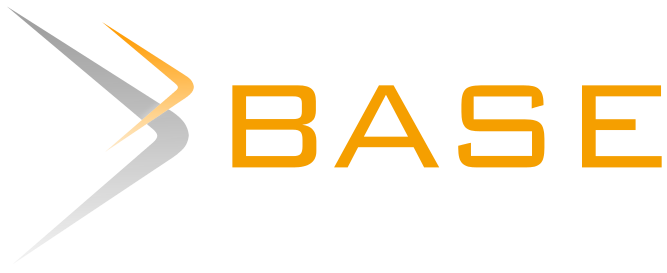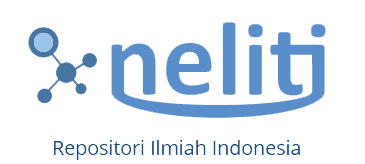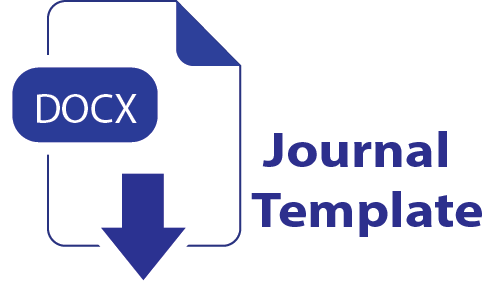Optimizing Job Satisfaction: A Comprehensive Analysis of Work Discipline, Compensation, and Motivational Factors
DOI:
https://doi.org/10.36982/jeg.v8i3.3639Abstract
Objective: The objective of this research is to determine the impact of work discipline and compensation on job satisfaction with work motivation as an intervening variable.
Design/Methods/Approach: The study was conducted on 131 employees of PT. Altour Yasa Abadi Group using a saturated sampling method, where the entire population was used as research respondents. Data collection involved distributing questionnaires to the respondents, and the gathered data were processed using smartPLS software.
Findings: There is no influence of the work discipline variable on job satisfaction, there is an influence of the compensation variable on job satisfaction, there is an influence of the work discipline variable on work motivation, there is an influence of the compensation variable on work motivation, there is an influence of the work motivation variable on job satisfaction.
Originality/Value: The novelty of this research is that no studies have been found that specifically examine job satisfaction by analyzing the factors of work discipline, compensation, and work motivation as intervening variables. And lies in the fact that no prior studies have been conducted on employee job satisfaction at PT Altour Yasa Abadi Group.
Practical/Policy implication: The implications of the research findings are that they can serve as alternative strategies for companies to enhance employee job satisfaction. By understanding the influence of the variables of work discipline, compensation, and work motivation, companies can design more effective policies and programs to create a motivating work environment, support discipline, and provide adequate compensation. Therefore, companies have the potential to increase employee job satisfaction levels, which, in turn, can positively impact overall organizational productivity and performance.
Downloads
Published
How to Cite
Issue
Section
License
Copyright (c) 2024 Diah Pranitasari, Aprillia Rizky

This work is licensed under a Creative Commons Attribution-ShareAlike 4.0 International License.
Authors who publish with this journal agree to the following terms:
- Authors retain copyright and grant the journal right of first publication with the work simultaneously licensed under a Creative Commons Attribution License   that allows others to share the work with an acknowledgement of the work's authorship and initial publication in this journal.
- Authors are able to enter into separate, additional contractual arrangements for the non-exclusive distribution of the journal's published version of the work (e.g., post it to an institutional repository or publish it in a book), with an acknowledgement of its initial publication in this journal.
- Authors are permitted and encouraged to post their work online (e.g., in institutional repositories or on their website) prior to and during the submission process, as it can lead to productive exchanges, as well as earlier and greater citation of published work










